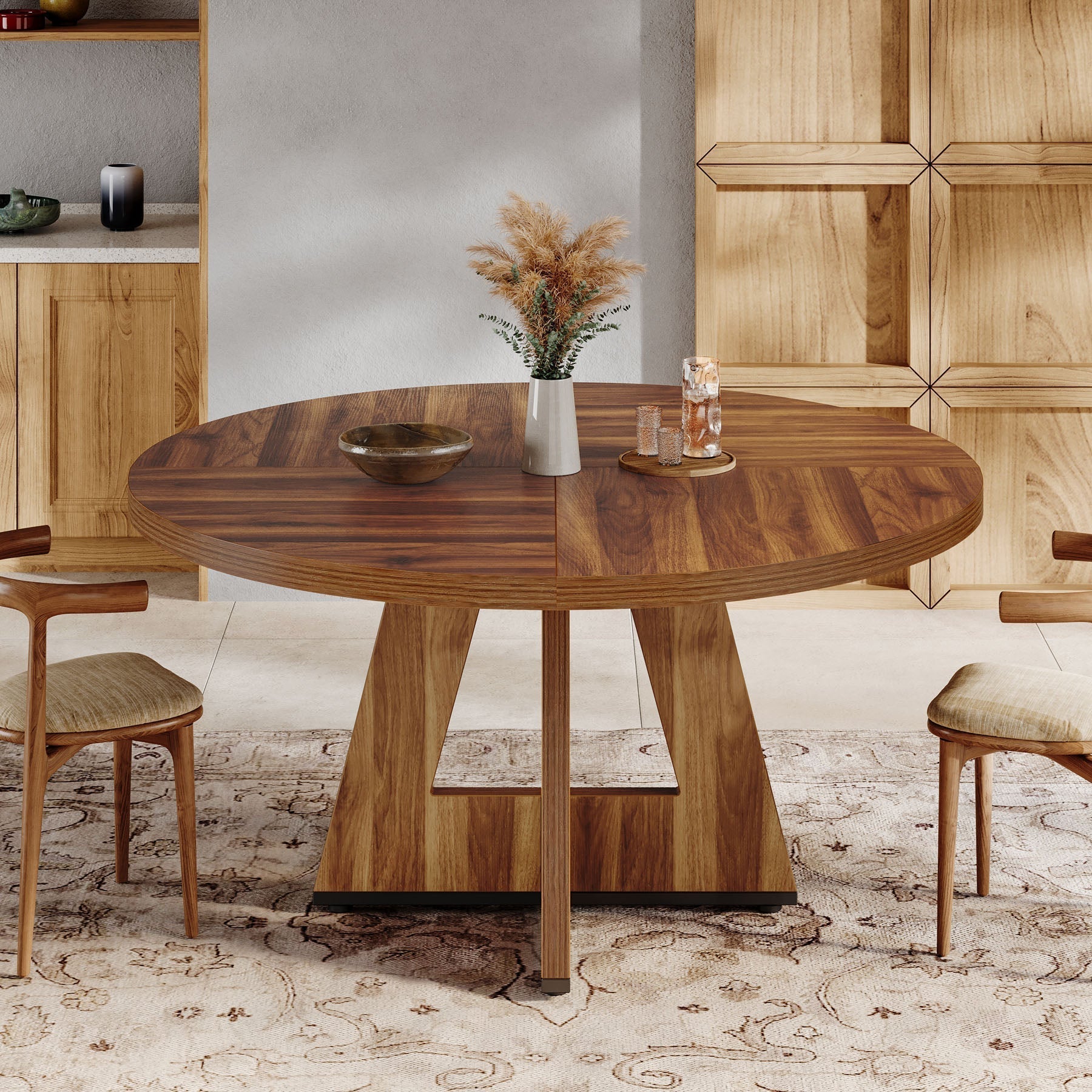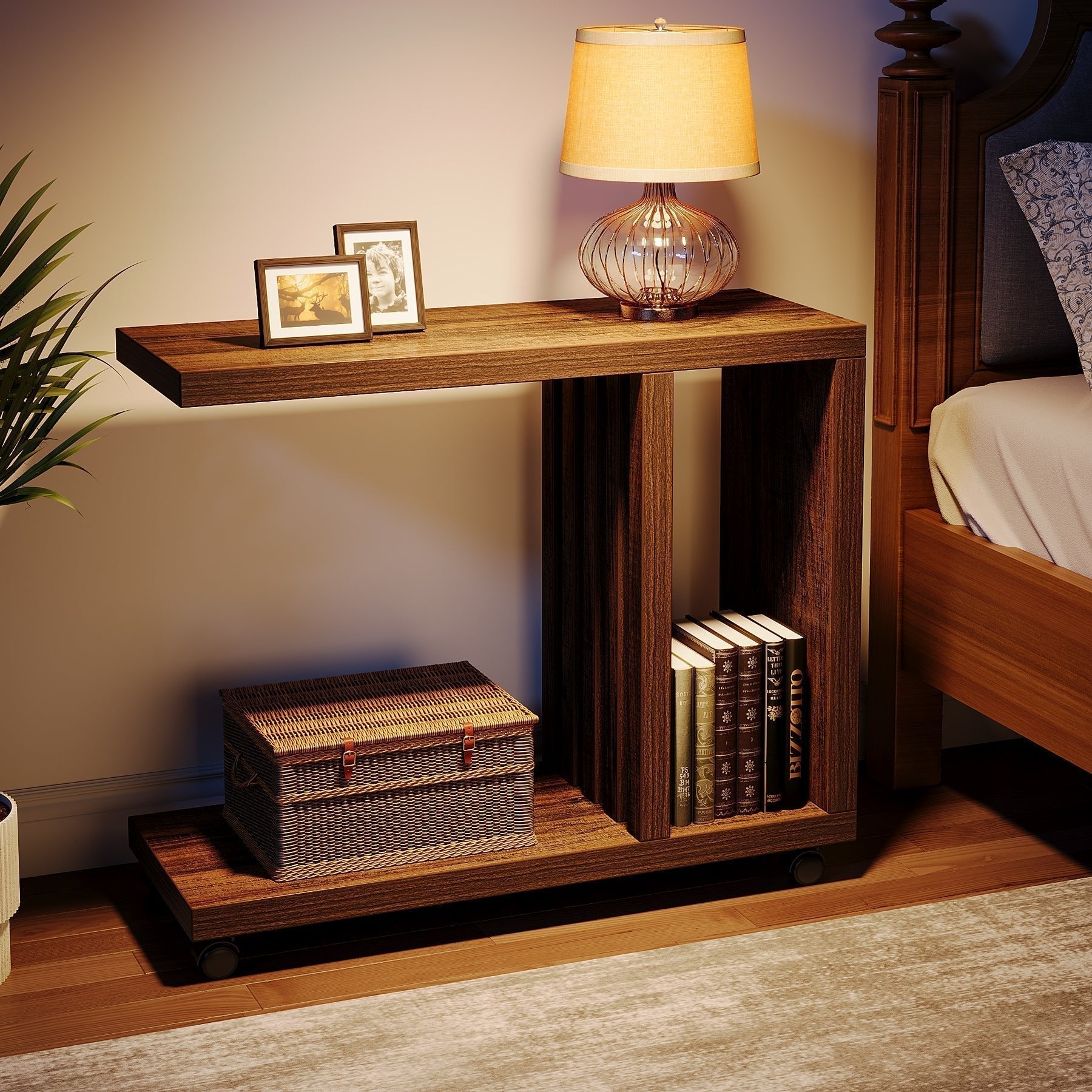Table of Contents
Introduction
If you’ve ever browsed furniture stores or home décor websites, you may have come across both bookcases and étagères. At first glance, they might seem like similar pieces of furniture—both provide shelving for storage and display. However, their designs, functionality, and aesthetic appeal are quite different. Choosing the right one can significantly impact both the organization and style of your space.
As someone who has experimented with different shelving options for my home office, living room, and even my bedroom, I’ve learned firsthand that a bookcase and an étagère serve very different purposes. In this article, I’ll break down their differences, advantages, and which one might be the best fit for your needs.

What is a Bookcase?
A bookcase is a traditional piece of furniture designed primarily for storing books, documents, and sometimes decorative items. It typically has a solid structure with a back panel and enclosed sides, offering support and protection for books and other belongings.
Key Features of a Bookcase:
-
Sturdy and enclosed: Bookcases often have a solid back and sides, providing better support for heavy items.
-
Functional storage: Ideal for organizing books, files, and other essentials in a structured manner.
-
Classic and practical: Common in libraries, home offices, and study rooms.
-
Available in various sizes and materials: From compact bookshelves to floor-to-ceiling wall units, bookcases come in wood, metal, and engineered materials.
My Experience with a Bookcase
I first bought a solid wood bookcase for my home office, thinking it would be purely functional. However, I quickly realized how much I appreciated having an organized space for my books and work materials. A bookcase not only keeps things tidy but also makes a room feel more structured and intellectual.
Related reading:
How To Style A Bookcase In Your Home Office
Recommended Bookcases with High Cost
What is an Étagère?
An étagère (pronounced ey-tah-ZHAIR) is a more decorative type of shelving unit, often featuring open shelves without a back panel. It is designed primarily for displaying decorative items such as vases, plants, collectibles, and framed photos.
Key Features of an Étagère:
-
Open and airy design: No back panel, creating a more lightweight look.
-
Primarily for display: Great for showcasing decorative items rather than storing heavy books.
-
Elegant and modern: Often features metal frames, glass shelves, or intricate detailing.
-
Versatile placement: Works well in living rooms, dining areas, hallways, and even bathrooms.
My Experience with an Étagère
I wanted something stylish for my living room that wouldn’t feel too bulky. That’s when I opted for a sleek metal and glass étagère. It completely transformed the space—it felt open and sophisticated while allowing me to display some of my favorite décor items, such as ceramic vases and framed artwork. However, I quickly learned that an étagère isn’t great for storing heavy items, as the open design makes it less stable for large books or heavy objects.
Key Differences Between a Bookcase and an Étagère
| Feature | Bookcase | Étagère |
|---|---|---|
| Structure | Enclosed with back and sides | Open framework, no back panel |
| Primary Use | Storing books | Displaying decorative items |
| Design Style | Traditional, functional | Light, elegant, ornamental |
| Material | Solid wood, MDF, or metal | Glass, metal, wood, or rattan |
| Weight Capacity | Higher, supports heavy books | Lower, for lighter objects |
How to Choose Between a Bookcase and an Étagère
Choosing between a bookcase and an étagère depends on your needs, space, and style preferences. Here are some factors to consider:
1. Purpose: Storage vs. Display
-
If you need to store a large collection of books, a bookcase is the better choice.
-
If you want to display decorative items and create an airy, open look, an étagère is ideal.
2. Room Aesthetic
-
Bookcases add a traditional, structured feel to a room.
-
Étagères work well in modern, minimalist, or eclectic spaces where openness is key.
3. Space and Placement
-
A bookcase is great for offices, studies, and bedrooms where storage is essential.
-
An étagère fits well in living rooms, entryways, and dining areas where aesthetics are a priority.
4. Maintenance and Durability
-
Bookcases require less maintenance since they are sturdier and can handle heavier items.
-
Étagères need careful handling, especially if they have glass shelves or delicate frames.
Final Thoughts
Both bookcases and étagères are fantastic additions to any home, but they serve different purposes. If you need practical, structured storage, a bookcase is the way to go. If you’re looking to enhance the style of your space with open, decorative shelving, an étagère is a beautiful choice.
From my personal experience, I’ve found that having both can be the perfect solution—bookcases keep my work materials organized, while an étagère adds elegance and personality to my living room. No matter which one you choose, selecting the right shelving can completely transform your space!
What’s your preference? Do you have a bookcase or an étagère in your home? Let me know in the comments below!





